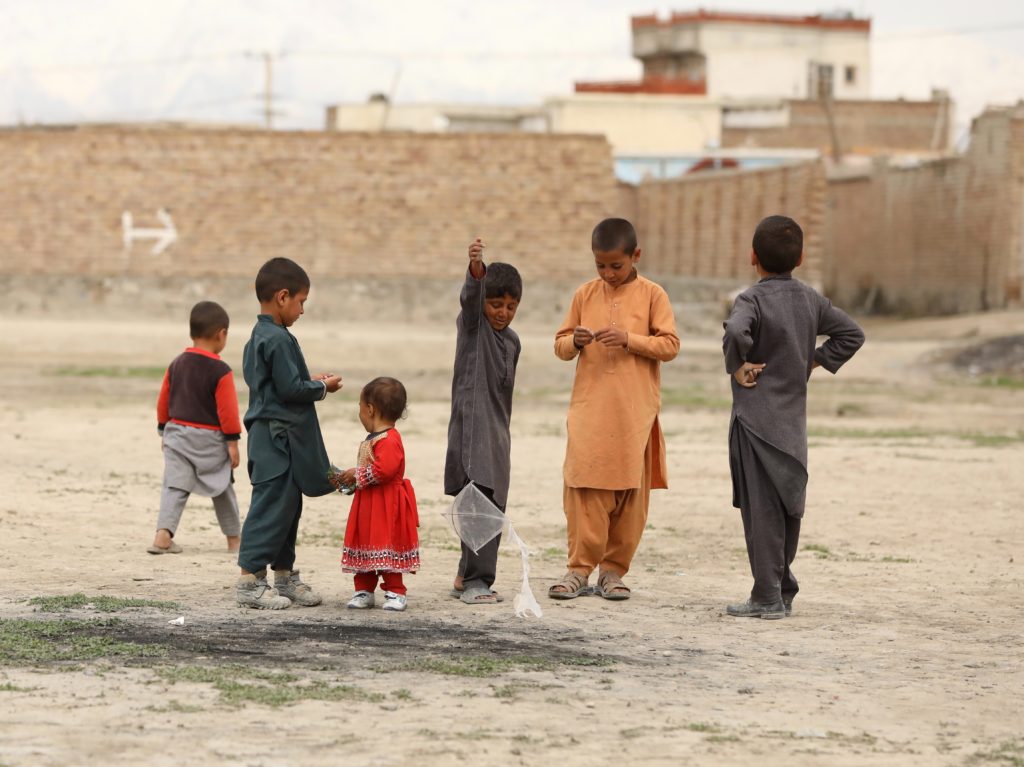
By Natasha Nicholls, Research Assistant.
Institute for Research into Superdiversity, University of Birmingham.
Following the Taliban seizing control of Afghanistan, the country is facing a growing humanitarian crisis. Thousands are trying to flee the regime and have crowded outside Hamid Karzai International airport, currently the only operational route out of the country. Harrowing footage has shown babies being passed to soldiers and people tragically clinging to planes in a desperate attempt to escape.
The UK has a particular responsibility to offer sanctuary to Afghans whose lives are being threatened by the Taliban. But what should that support look like and what part can civil society play?
- Resettlement
The Home Office recently announced the Afghan citizens’ resettlement scheme which aims to resettle 5,000 vulnerable refugees in the first year, with 20,000 resettled over the longer term. A specific scheme is welcome, but it is not nearly ambitious enough. It has the same quota as the Syrian vulnerable persons resettlement scheme (VPRS) despite the fact that the UK was an active participant in the Afghanistan conflict for 13 years.
The new scheme is additional to the Afghan relocations and assistance policy (ARAP) which aims to resettle those who assisted British operations in Afghanistan. However, this policy has been criticised for its strict criteria, as it only covers employees who were directly employed by the British Government excluding those who were subcontracted or those who worked for other organisations, such as the British Council for example.
Both schemes need to be more realistic about the threat posed to Afghans who worked with UK organisations and the sheer number of vulnerable people who require a safe sanctuary.
2. Support for UK Councils
The Afghan citizens resettlement scheme will require the support of UK councils. Currently, local authorities can veto requests from the Home Office to accommodate asylum seekers. The pressure to provide housing is therefore placed on a disproportionate number of councils. Local authorities should be encouraged and financially supported to offer sanctuary to the new arrivals, reducing the need to use hotels and former military barracks, neither of which offer suitable accommodation for traumatised refugees.
3. Asylum Seekers
In addition to increasing resettlement, the UK has a responsibility to Afghan asylum seekers who are currently in the UK waiting for their claim to be heard. Given the deteriorating situation in Afghanistan, immediate asylum must be granted to this group.
4. The Nationality and Borders Bill
If the UK government is serious about supporting Afghan refugees, then it must abandon the ‘resettlement-only’ plans which are set out in the Nationality and Borders Bill. The bill effectively criminalises those who independently travel to the UK to seek asylum. We must welcome those individuals whose only choice is to journey to the UK on their own.
5. Civil Society Support
Clearly, the UK government has an urgent role to play in the resettlement of Afghan refugees. But local groups can also play a vital role in resettling refugees in their own community. The UK Community Sponsorship Scheme enables groups to take responsibility for welcoming and resettling a vulnerable refugee family. So far, the scheme is limited to those who were affected by the Syrian conflict. But prior to the pandemic, the Home Office suggested that the scheme would be expanded to include those affected by other conflicts. Now is the time to expand community sponsorship to include those affected by the situation in Afghanistan and allow local communities to play a vital role in offering a new home to Afghans.
- More about Natasha Nicholls
- More about Community Sponsorship
- Find out more about donating to the Afghanaid crisis
- Back to Social Sciences Birmingham
